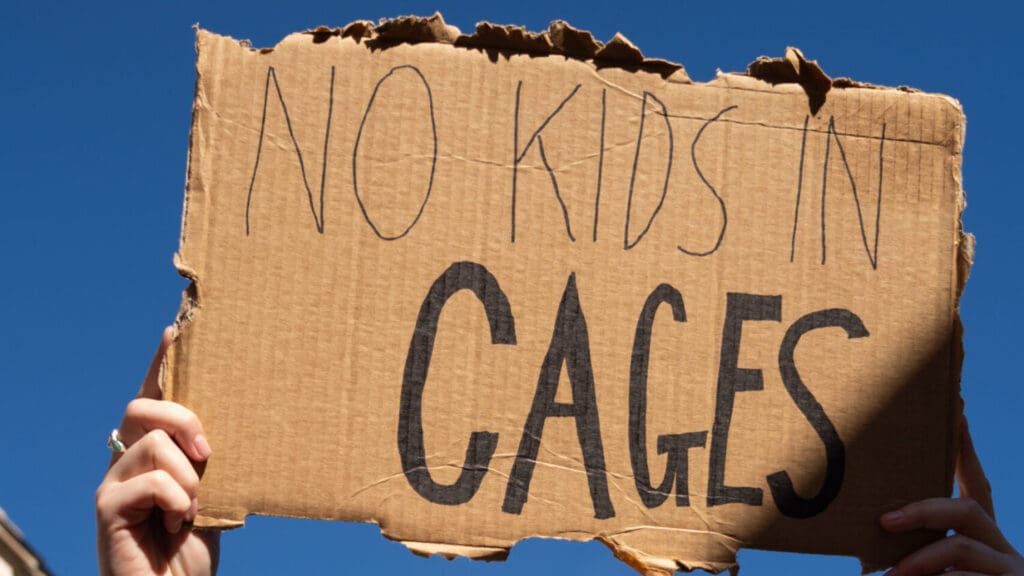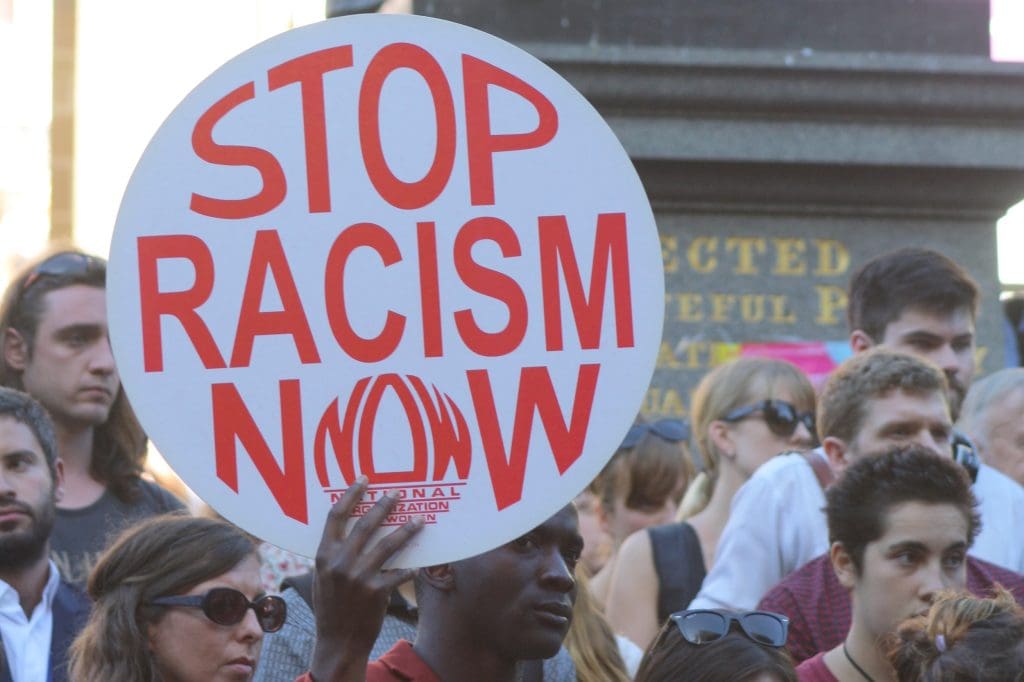Western Australians should not tolerate injustice
OPINION | This piece was first published by The West Australian.
This week marks the twenty-fifth anniversary of the handing down of the Royal Commission into Aboriginal Deaths in Custody recommendations. The recommendations provide Australia with a roadmap for reducing Aboriginal peoples’ imprisonment rates and related deaths in custody – a roadmap as relevant today as it was then.
The key lesson from the Royal Commission is that the surest way to reduce Aboriginal deaths in custody is to reduce the rates at which Aboriginal people are locked up.
Ms Dhu’s death in police custody is painful evidence of Western Australia’s failure to fully implement the Royal Commission’s recommendations. And, West Australians should be reeling from the evidence uncovered during the recent coronial inquest into her death.
Ms Dhu, a 22 year-old Yamatji woman, was locked up for three days for unpaid fines. During that time the hospital and police force – institutions we collectively place our trust in – failed her. Worse, she was dismissed, sworn at, dragged and ignored. Ms Dhu was treated in an utterly cruel and degrading way, before dying a most inhuman death.
Premier Barnett should be doing everything within his power to make sure such a tragedy never happens again.
Western Australia has the highest Aboriginal imprisonment rates in the country, with Aboriginal women being the fastest growing prisoner demographic.
While the Premier’s Justice Working Group, recently established to address over-imprisonment and deaths in custody, has taken some important steps, they do not go far enough. Deaths in custody like Ms Dhu’s demand a profound rethink of how justice is administered in Western Australia.
In the short term, and in addition to existing Government commitments, there are five key changes the Government should implement which would go some way to addressing systemic failings and meeting the standards set by the Royal Commission.
First, people who cannot pay their fines should not be locked up.
No other Australian jurisdiction locks up fine defaulters at rates that come even close to WA. NSW has a fair and flexible system which differentiates between people who simply will not, and disadvantaged people who simply cannot, pay their fines. As a result, NSW has reportedly not locked anyone up for unpaid fines since the 1990’s.
WA should implement a fair fines system modelled on NSW’s.
Second, the WA Government recently announced the expansion of a 24-hour hotline for Aboriginal people in custody, operated by Corrections. This is a step in the right direction, but a far better approach would be for the Government to introduce a Custody Notification System (CNS) operated by the Aboriginal Legal Service.
A CNS is a dual welfare and legal service. It allows all Aboriginal people taken into police custody to talk to an Aboriginal Legal Service lawyer to ensure they are okay; that they are being treated fairly by police; that their health and legal needs are being met; and that there is a level of oversight when it comes to their detention.
We know from other states that a CNS operated by the Aboriginal Legal Service works to prevent deaths in police custody.
Third, there should be a 24-hour nurse on call available in all WA police lock-ups. Currently this service is only available in Perth. Justice based on geography should not be tolerated in Western Australia.
Fourth, increased independence and accountability are needed.
This involves having both independent investigations into police-related deaths (currently police investigate other police); and extending the mandate of the Independent Inspector of Custodial Services to include police lock-ups. Mechanisms of independent oversight ensure accountability and transparency. They ensure proper standards are maintained and poor practices are stamped out.
Finally, WA desperately needs a plan for comprehensively implementing the recommendations of the Royal Commission into Aboriginal Deaths in Custody. While the Government’s recent commitment to invest in early intervention and diversion programs is a significant step forward, this now needs to be translated into action and results.
As it stands, WA’s justice system is utterly out of balance – it is destroying families and communities. The above proposals for much needed reform are about valuing and saving lives.
The inescapable truth is that Ms Dhu should have never been locked up, she should have never died in custody, and she certainly should not have suffered such an undignified and inhuman end.
Twenty-five years since the Royal Commission into Aboriginal Deaths in Custody, Western Australians should not tolerate such devastating injustice.

Australia’s racist youth justice policies taken to the UN
The Human Rights Law Centre has supported Associate Professor Hannah McGlade to submit an urgent action complaint to the United Nations Committee on the Elimination of Racial Discrimination.
Read more
International Day for the Elimination of Racial Discrimination
Today is the International Day for the Elimination of Racial Discrimination, which Australia pledged in 1975 to do in accordance with international law. It’s a timely reminder that we must combat racism, wherever and whenever it arises, to challenge injustice and promote equity.
Read more
The Age Of Innocence
No child should ever grow up in a prison cell. Children belong in schools and playgrounds. Funnelling children into prisons does not make communities safer, it undermines them.
Read more




